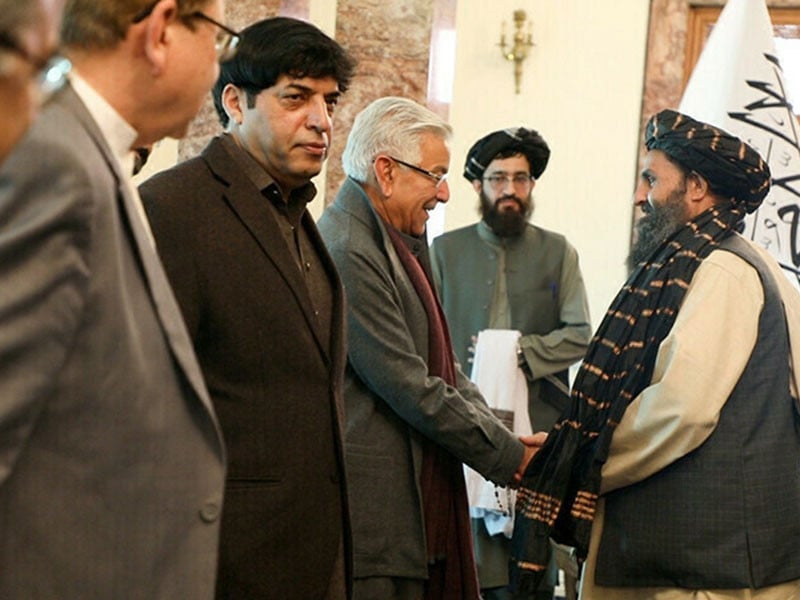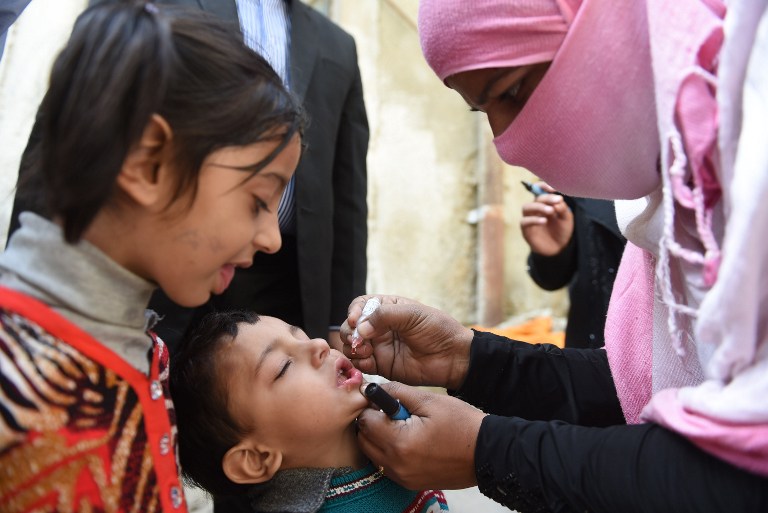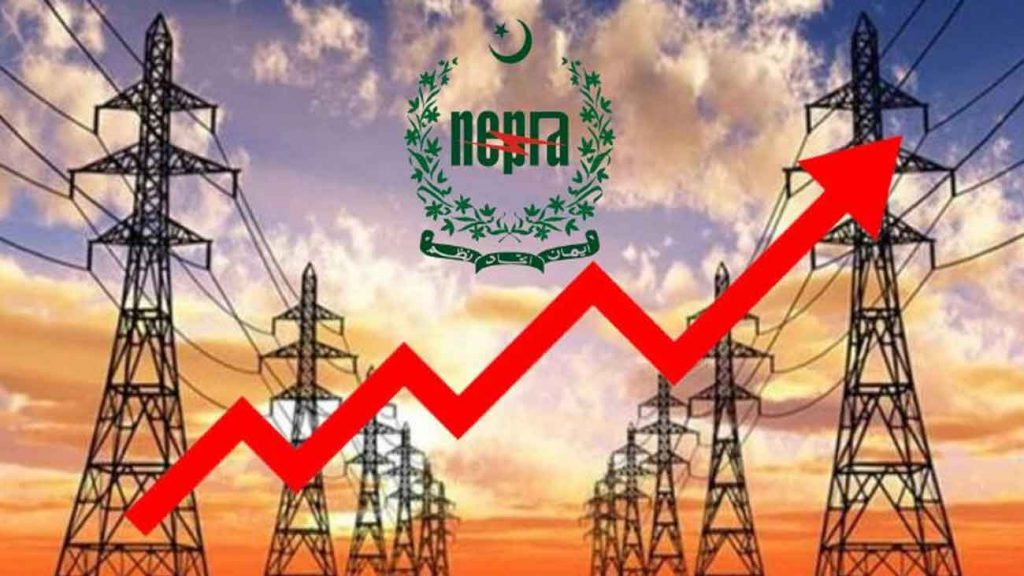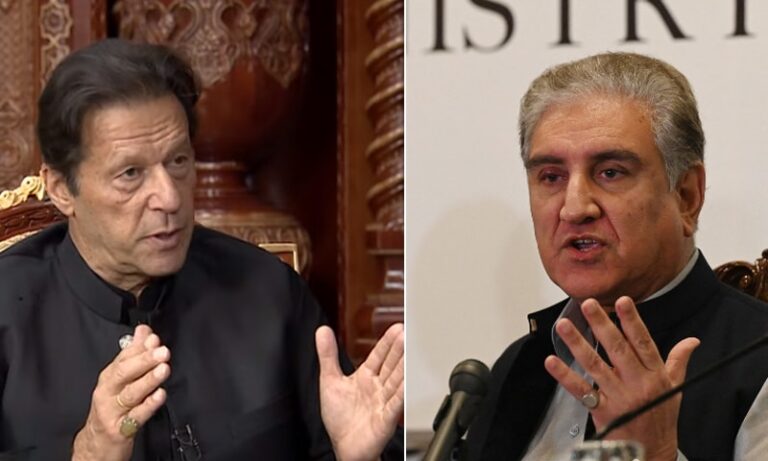EDITORIAL
UNESCO is an acronym for the United Nations Educational, Scientific and Cultural Organization, a specialized agency of the United Nations (UN) that was outlined in a constitution signed on November 16, 1945. The constitution, which entered into force in 1946, called for promoting international collaboration in education, science, and culture. The agency’s permanent headquarters are in Paris, France.
UNESCO’s initial emphasis was on rebuilding schools, libraries, and museums that had been destroyed in Europe during World War II. Since then, its activities have been mainly facilitative, aimed at assisting, supporting, and complementing the national efforts of member states to eliminate illiteracy and extend free education. UNESCO also seeks to encourage the free exchange of ideas and knowledge by organizing conferences and providing clearinghouse and exchange services.https://republicpolicy.com/international-volunteer-day-and-our-responsibilities/
As many less-developed countries joined the UN beginning in the 1950s, UNESCO began to devote more resources to their problems, including poverty, high illiteracy rates, and underdevelopment. During the 1980s, UNESCO was criticized by the United States and other countries for its alleged anti-Western approach to cultural issues and for the sustained expansion of its budget. These issues prompted the United States to withdraw from the organization in 1984, and the United Kingdom and Singapore withdrew a year later. After the election victory of the Labour Party in 1997, the United Kingdom rejoined UNESCO, and the United States and Singapore followed suit in 2003 and 2007, respectively. In 2011 UNESCO approved full membership for Palestine. Following the vote, the United States announced that it would no longer pay dues to the organization because of congressional legislation that prohibited the financing of any UN agency that admitted Palestine as a full member. Because of its unpaid dues, the United States lost its voting rights in UNESCO in 2013. In 2017 U.S. officials, citing “anti-Israel bias” and the size of U.S. arrears, announced that the United States would leave UNESCO again at the end of 2018. Israel withdrew from the organization at the same time.
Besides its support of educational and science programs, UNESCO is also involved in efforts to protect the natural environment and humanity’s common cultural heritage. For example, in the 1960s, UNESCO helped sponsor efforts to save ancient Egyptian monuments from the waters of the Aswan High Dam, and in 1972 it supported an international agreement to establish a World Heritage List of cultural sites and natural areas that would enjoy government protection. In the 1980s, a controversial study by UNESCO’s International Commission for the Study of Communication Problems, headed by the Irish statesman and Nobel Peace laureate Seán MacBride, proposed a New World Information and Communication Order that would treat communication and freedom of information as basic human rights and seek to eliminate the gap in communications capabilities between developing and developed countries.
Each member state has one vote in UNESCO’s General Conference, which meets every two years to set the agency’s budget, its program of activities, and the scale of contributions member states make to the agency. The 58-member Executive Board, which the General Conference elects, generally meets twice each year to give advice and direction to the agency’s work. The Secretariat is the agency’s backbone and is headed by a director general appointed by the General Conference for a six-year term. About 200 national commissions, composed of local experts, serve as governmental advisory bodies in their respective states. Most work occurs in special commissions and committees convened with expert participation. Prominent examples include the Intergovernmental Oceanographic Commission (1961– ), the World Commission on Culture and Development (1992–99), and the World Commission on the Ethics of Scientific Knowledge and Technology (1998– ). UNESCO regularly publishes the findings of these commissions.https://republicpolicy.com/the-united-nations-and-the-principle-of-neutrality/
More than the political and economic arrangements of governments is needed to secure the lasting and sincere support of the peoples. Peace must be founded upon dialogue and mutual understanding. Peace must be built upon the intellectual and moral solidarity of humanity.
In this spirit, UNESCO develops educational tools to help people live as global citizens free of hate and intolerance. UNESCO ensures that every child and every citizen has access to quality education. By promoting cultural heritage and the equal dignity of all cultures, UNESCO strengthens the bonds between nations. UNESCO fosters scientific programmes and policies as platforms for development and cooperation. UNESCO stands up for freedom of expression as a fundamental right and essential for democracy and development. As a laboratory of ideas, UNESCO helps countries to adopt international standards and manages programmes that foster the free flow of ideas and the exchange of knowledge.
UNESCO’s founding vision was born in response to a world war marked by racist and anti-Semitic violence. Seventy years later and many liberation struggles later, UNESCO’s mandate is more relevant than ever. Cultural diversity is under attack, and new forms of intolerance, rejection of scientific facts and threats to freedom of expression challenge the peace and human rights. In response, UNESCO’s duty remains to reaffirm the humanist education, science and culture missions.
As a specialized United Nations agency, UNESCO has been operating in Pakistan since 1958, providing the Government of Pakistan with support for over seven decades. The Government of Pakistan recognizes UNESCO as a long-term strategic partner in support of achieving Pakistan’s national development plans and priorities. UNESCO’s aid to Pakistan is built around the United Nations’ common support framework for Pakistan, the Pakistan One United Nations Programme III (OP III) 2018-2022, and its shared purpose, ‘Delivering as One,’ to achieve the SDGs in line with the Government’s priorities.https://republicpolicy.com/tackling-the-rising-islamophobia/
UNESCO’s mission is to contribute to the building of peace, the eradication of poverty, sustainable development, and intercultural dialogue through education, the sciences, culture, communication and information. UNESCO has a distinct comparative advantage and is uniquely positioned to support the Government and people living in Pakistan at different levels and through different interventions. In collaboration with its stakeholders and partners, UNESCO provides integrated policy support, contributes to capacity-building at provincial and national levels, acts as a coordinating and convening entity, promotes international and regional cooperation, exchanges knowledge and partnership, compiles and disseminates best practices and advice, as well as conducts advocacy and awareness raising in areas of UNESCO’s mandate and its fields of expertise

















































